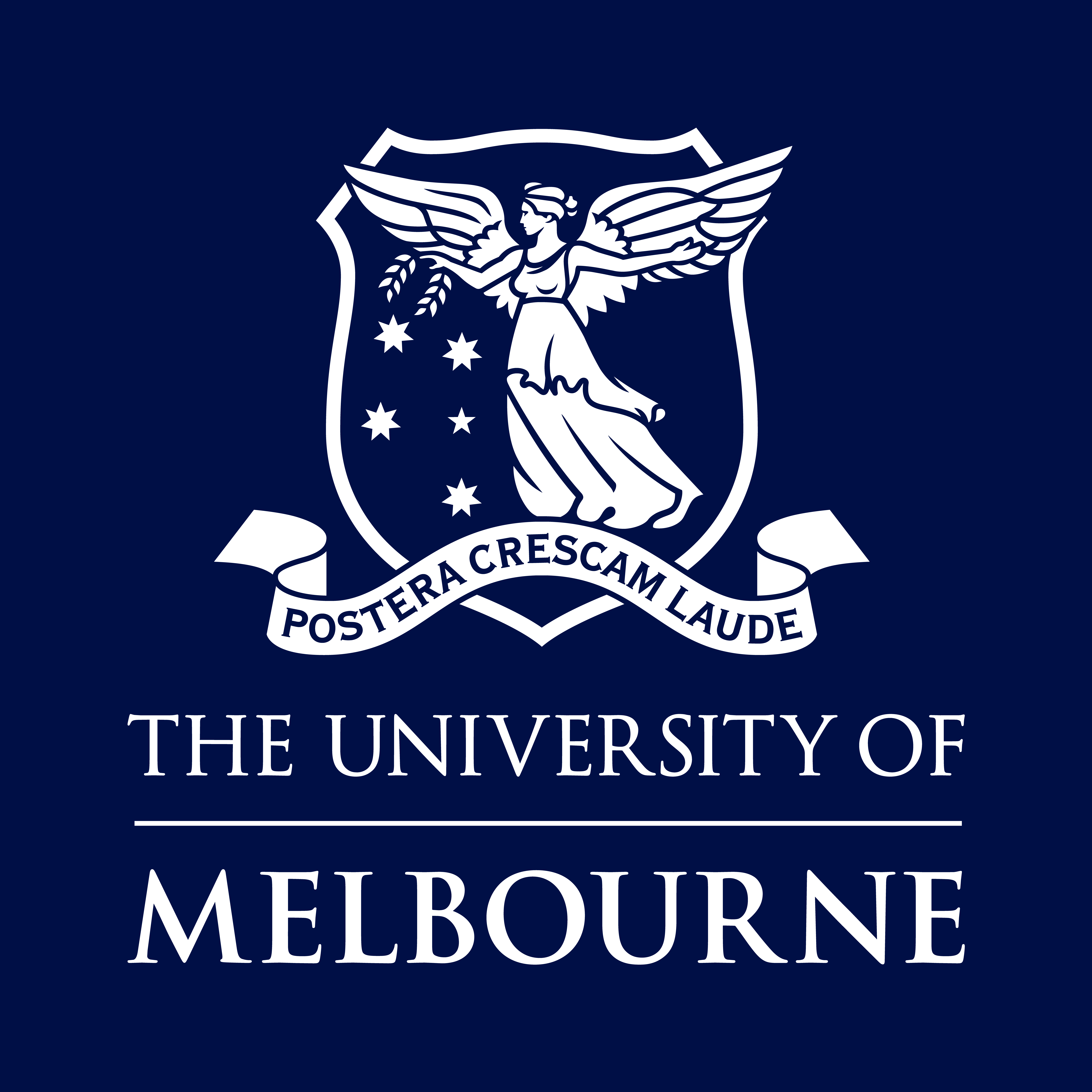Refine results
Level of study
Location
Study Mode
Field of study

Graduate Certificate in Domestic & Gender-Based Violence Research and Practice
- Online
- 1 years part-time
- Tuition fees: $16,000

Graduate Certificate in Domestic Violence Responses
- Online
- 6 months online/off-campus
- Tuition fees: $12,900

Graduate Certificate in Domestic and Family Violence Practice
- Online Study
- 6 months online/off-campus
- Tuition fees: $8,808

Graduate Certificate in Information Technology
- Gardens Point
- 6 months full-time
Graduate Certificate in Domestic and Family Violence
- Online
- 1 years part-time
- Tuition fees: $14,880

Graduate Certificate in Communication for Information Technology
- Gardens Point | Also at 1 other campus
- 6 months full-time

Graduate Diploma in Information Technology
- Gardens Point
- 1 years full-time

Graduate Certificate in University Teaching
- Online | Also at 1 other campus
- 1 years part-time
- Tuition fees: $16,992

Graduate Certificate in Nursing
- Kelvin Grove
- 1 years part-time

University Exchange Year
- Gardens Point | Also at 1 other campus
- 1 years full-time